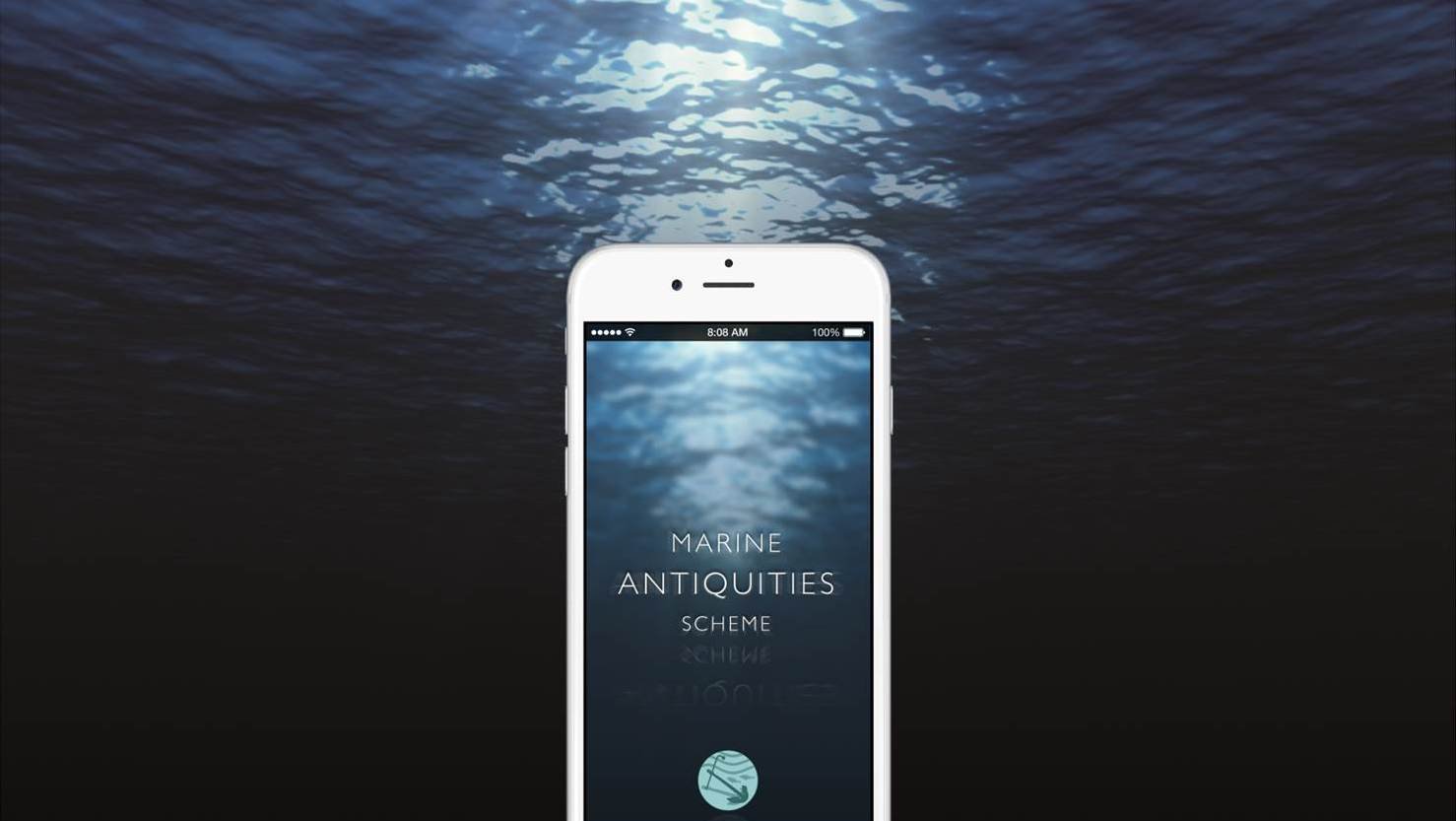News: New scheme to record underwater finds and protect the UK’s marine heritage

A scheme to help protect the nation’s marine heritage by encouraging the recording of archaeological and historical objects found by marine users in English and Welsh waters will be launched at the British Museum in London.
Called the Marine Antiquities Scheme (MAS), it is a joint initiative funded by The Crown Estate, modelled on The British Museum’s Portable Antiquities Scheme for onshore finds, and managed by Wessex Archaeology. The scheme evolved from the realisation that each year divers, fishermen, recreational boat users and other coastal visitors discover many interesting objects and sites while at sea but until now had no way to centrally record them for the wider public benefit.
As part of the scheme, a support team comprised of archaeological experts will research each of the finds submitted to find out more about its origins and history. The information will be published on a public database that is available for all to access. The database provides opportunities for wider research and awareness as it is openly accessible to anyone interested in learning more about the history hidden under the waves. Central to the Marine Antiquities Scheme is a simple-to-use app that makes recording finds an easy process and gives finders immediate feedback as well as instructions on their statutory obligations, including the need to report any wreck to Receiver of Wreck. The app will be available to download at midday from relevant app stores for iOS and Android phones and tablets.
The Crown Estate’s Matt Clear said,
“The Marine Antiquities Scheme provides a way to record all types of underwater finds and at the same time it will help to both protect and improve the knowledge of our shared underwater cultural heritage. The scheme mirrors the highly successful onshore recording initiative, the Portable Antiquities Scheme, which has proved hugely successful with more than one million objects recorded since its inception in 1997. Given its location, people often don’t realise how much activity happens on the seabed, from renewable energy through to cables, pipelines and aggregate extraction. As active managers of this natural resource, we have funded MAS through our stewardship programme to secure the future of our marine heritage whilst also supporting its responsible and sustainable development over the long-term.”
The MAS app allows users to locate, record and submit information about archaeological material discovered anywhere within English or Welsh waters from the Mean Low Water Level.
They can also do it on-line via an electronic recording form located on the scheme’s website: www.marinefinds.org.uk.
Chris Bayne, Chief Executive Officer of Wessex Archaeology said,
“The Marine Antiquities Scheme provides a means for people to take a truly active part in front line research into our past and allows them to make real contributions towards the understanding and the preservation of our marine heritage. Users will benefit from the very best expert knowledge available and will have free, open access to the most up to date information. It will be fascinating to see what people do with this capability in the future.”
Michael Lewis, Head of Portable Antiquities and Treasure at the British Museum said,
“The Portable Antiquities Scheme has been a tremendous success, ensuring that many thousands of archaeological finds discovered by the public are recorded and add to our knowledge of Britain’s past. We hope that the Marine Antiquities Scheme can emulate this success, preserving the record of marine heritage for the future.”
